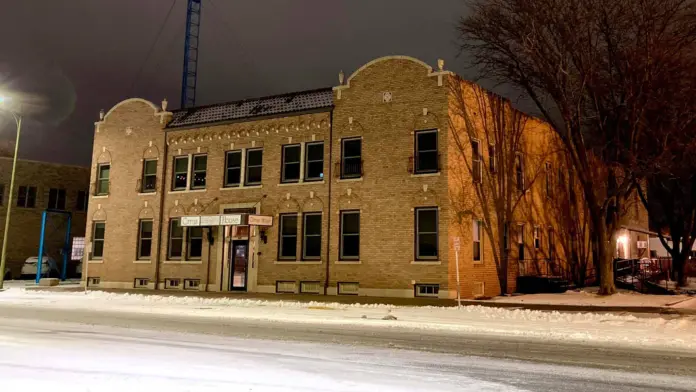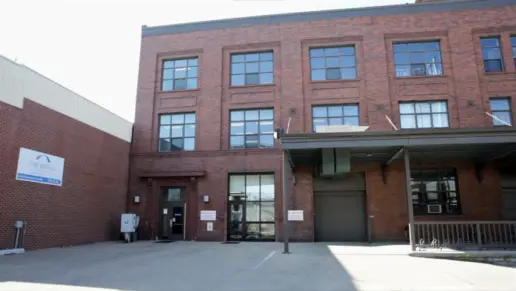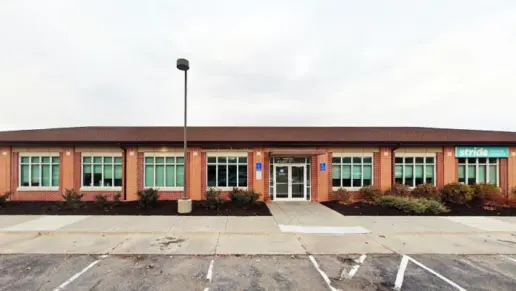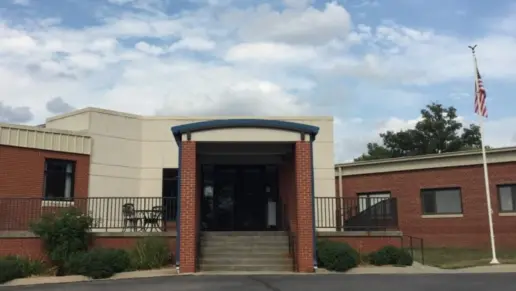About Cirrus House, Inc
Known for its serene natural beauty and countless outdoor activities Scottsbluff, Nebraska is also the home of Cirrus House Inc. Since 1984, this CARF accredited organization has offered outpatient mental health and substance abuse services for adults and adolescents through the Clubhouse.
Their programs provide multiple proven interventions to reach your recovery goals. You can access mental health and substance use as well as co occurring disorder evaluations to understand the best level of care and treatment approach for your situation.
You’ll then receive a personalized treatment plan with your needs at the forefront. They offer therapy and 12 Step groups along with psychoeducational approaches and several specialized programs for people facing homelessness, those in the criminal justice system, adolescents, and more.
What stands out most to me is their diverse team. You can access care from clinicians with special training in cultural diversity and racial issues as well as marginalized community care, LGBTQIA+ care, and more. I think this is wonderful because you’ll have a welcoming space to feel comfortable opening up. You’ll receive tailored care that accounts for your unique needs from professionals who understand your situation.
Another incredible feature that caught my eye was their PATH services. The PATH program welcomes people with serious mental conditions or co occurring disorders who are also experiencing homelessness or housing insecurity. Along with mental health and addiction treatment they provide many support services to help you get your life back on track. You’ll benefit from case management and resource referrals along with housing services and more.
Lastly I think their employment services look great. They understand that essential elements like financial security play a role in sustaining recovery. You can access transitional employment, vocational rehabilitation and supported employment to find and maintain a career.
Latest Reviews
Rehab Score
Gallery

Location
Other Forms of Payment
Private insurance refers to any kind of healthcare coverage that isn't from the state or federal government. This includes individual and family plans offered by an employer or purchased from the Insurance Marketplace. Every plan will have different requirements and out of pocket costs so be sure to get the full details before you start treatment.
Self-pay involves paying for treatment out of your own pocket. You can use savings or credit, get a personal loan, or receive help from family and friends to fund your treatment. If you don't have insurance or your insurance plan doesn't cover a specific program, self-pay can help ensure you still get the care you need.
Sliding scale payments are based on a client's income and family size. The goal is to make treatment affordable to everyone. By taking these factors into account, addiction recovery care providers help ensure that your treatment does not become a financial burden to you or your family, eliminating one barrier to care.
Medicaid is a state based program that helps lower-income individuals and families pay for healthcare. Medicaid covers addiction treatment so those enrolled can use their coverage to pay for rehab. When a program accepts Medicaid the client often pays very little or nothing out of their own pocket.
Medicare is a federal program that provides health insurance for those 65 and older. It also serves people under 65 with chronic and disabling health challenges. To use Medicare for addiction treatment you need to find a program that accepts Medicare and is in network with your plan. Out of pocket costs and preauthorization requirements vary, so always check with your provider.
Addiction Treatments
Levels of Care
Programs



Clinical Services
Cognitive behavioral therapy in Nebraska is often the preferred method of treatment for substance use. In just a few sessions, clients can learn how to identify challenges and start to develop healthy coping methods to manage them.
Group therapies are a safe place for people to express their feelings and openly discuss their problems and issues as they relate to addiction, relationships, work, and other challenges associated with drug and alcohol addiction. Within a group therapy environment, you can share each other's responsibility for recovery, creating a network of mutual support.
Collaboration is key during individual therapy. This requires a trusting relationship between the therapist and the patient so that personal experiences and emotional struggles can be addressed in a nonjudgmental environment, building the patient's resilience and providing a foundation for sustainable recovery.
Often used to address addiction in Nebraska, motivational interviewing helps you become motivated to change. Research shows this method is effective for clients who are unprepared for change or feel unmotivated to change.
Within trauma therapy, you're able to work through the memories of a traumatic event within a safe and supportive environment. Your therapist will guide you to develop healthy coping mechanisms that reduce the emotional impact of the trauma and improve your overall well being.
Therapists in Nebraska offer family therapy to help facilitate discussions about how addiction is a disease and can affect the entire family. This approach fosters empathy between family members and helps to reduce blame. This collective effort supports recovery and reduces negative behaviors within the family unit.
Life skills training helps you make good decisions, communicate effectively, and lead a balanced lifestyle. They range from self management to interpersonal skills. Because these are crucial for recovery, life skills training is an integral part of rehab programs in Nebraska.
Amenities
-
Residential Setting
-
Private Rooms
Staff & Accreditations
Staff

Executive Director
Accreditations

The Commission on Accreditation of Rehabilitation Facilities (CARF) is a non-profit organization that specifically accredits rehab organizations. Founded in 1966, CARF's, mission is to help service providers like rehab facilities maintain high standards of care.
CARF Accreditation: Yes
Contact Information
1509 1st Avenue
Scottsbluff, NE 69361


